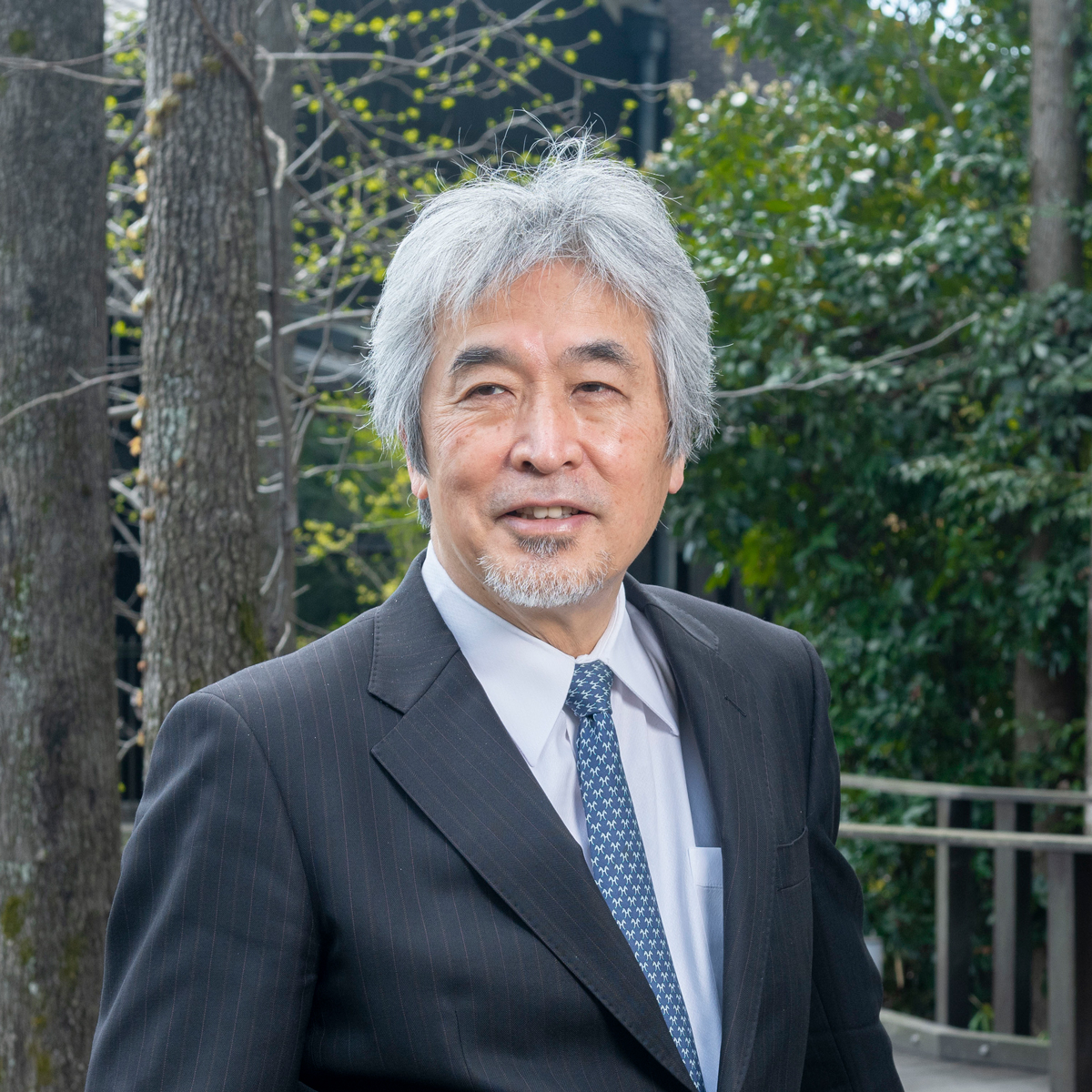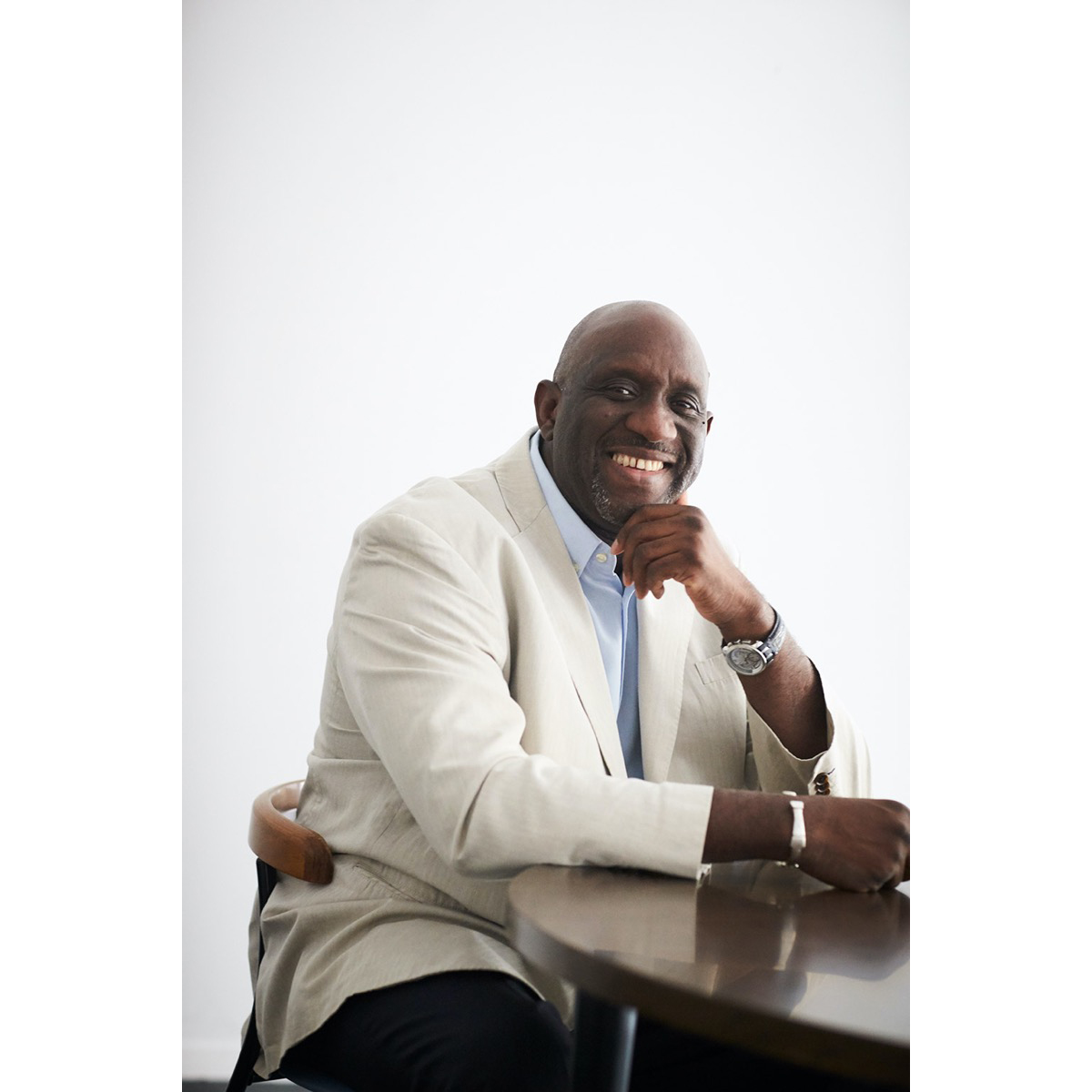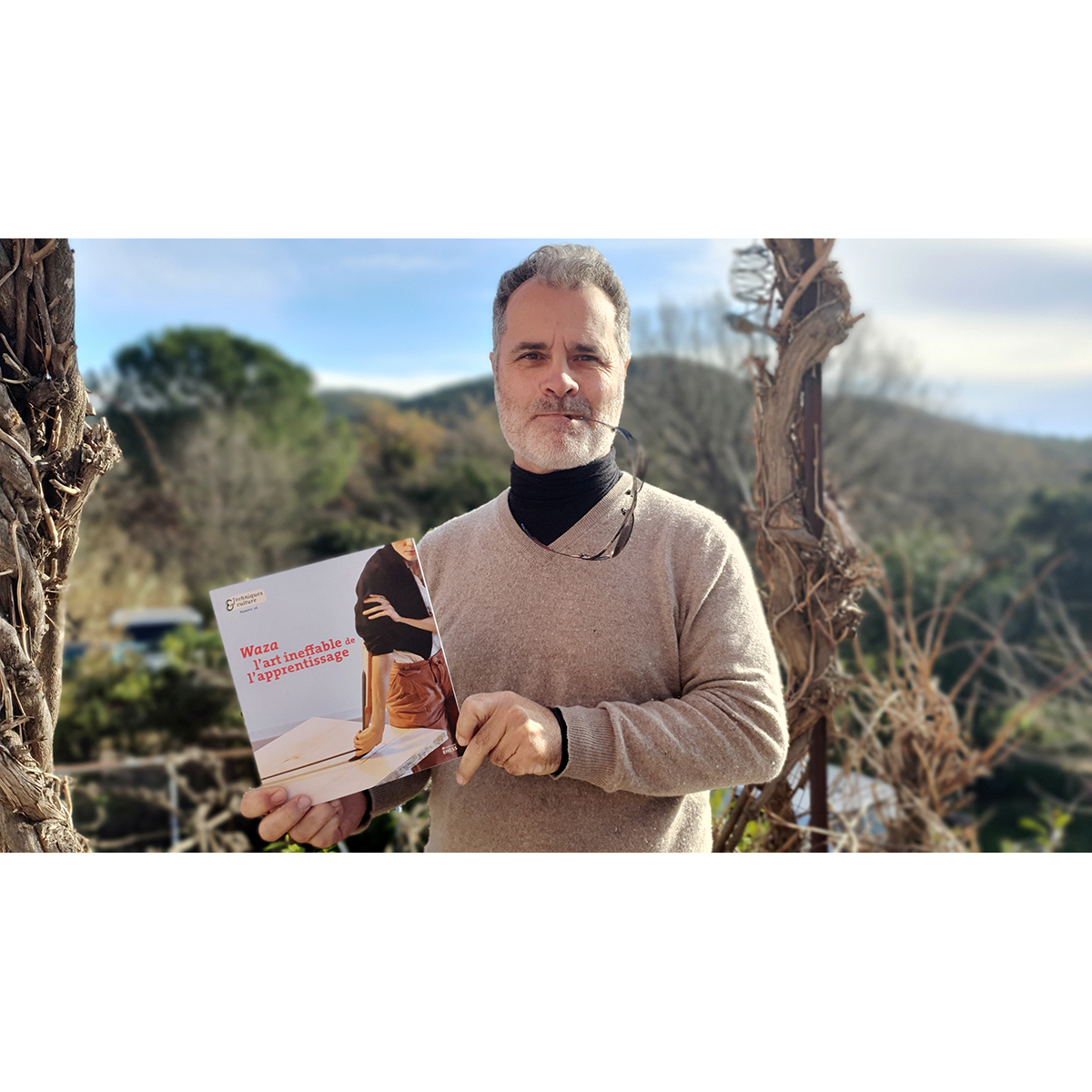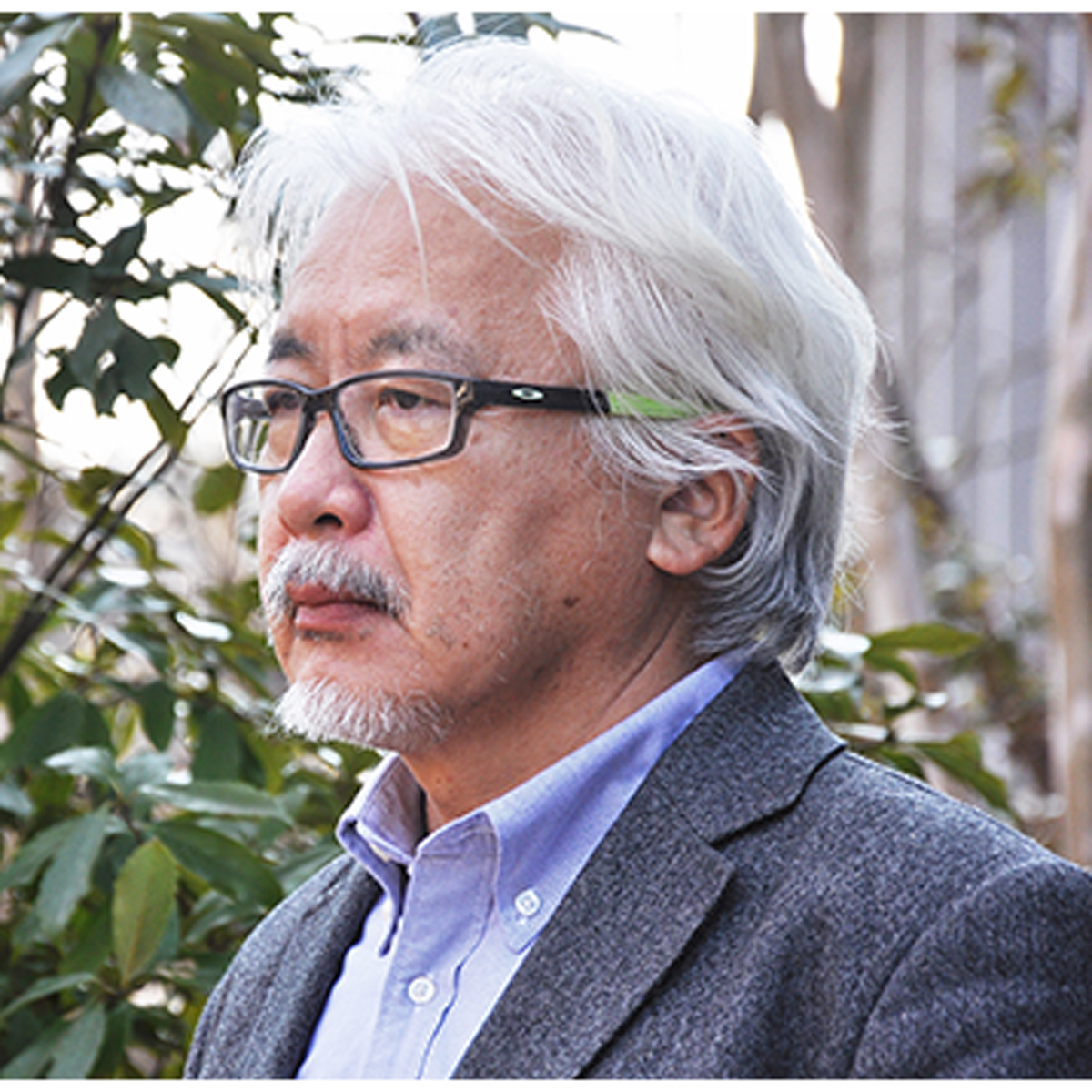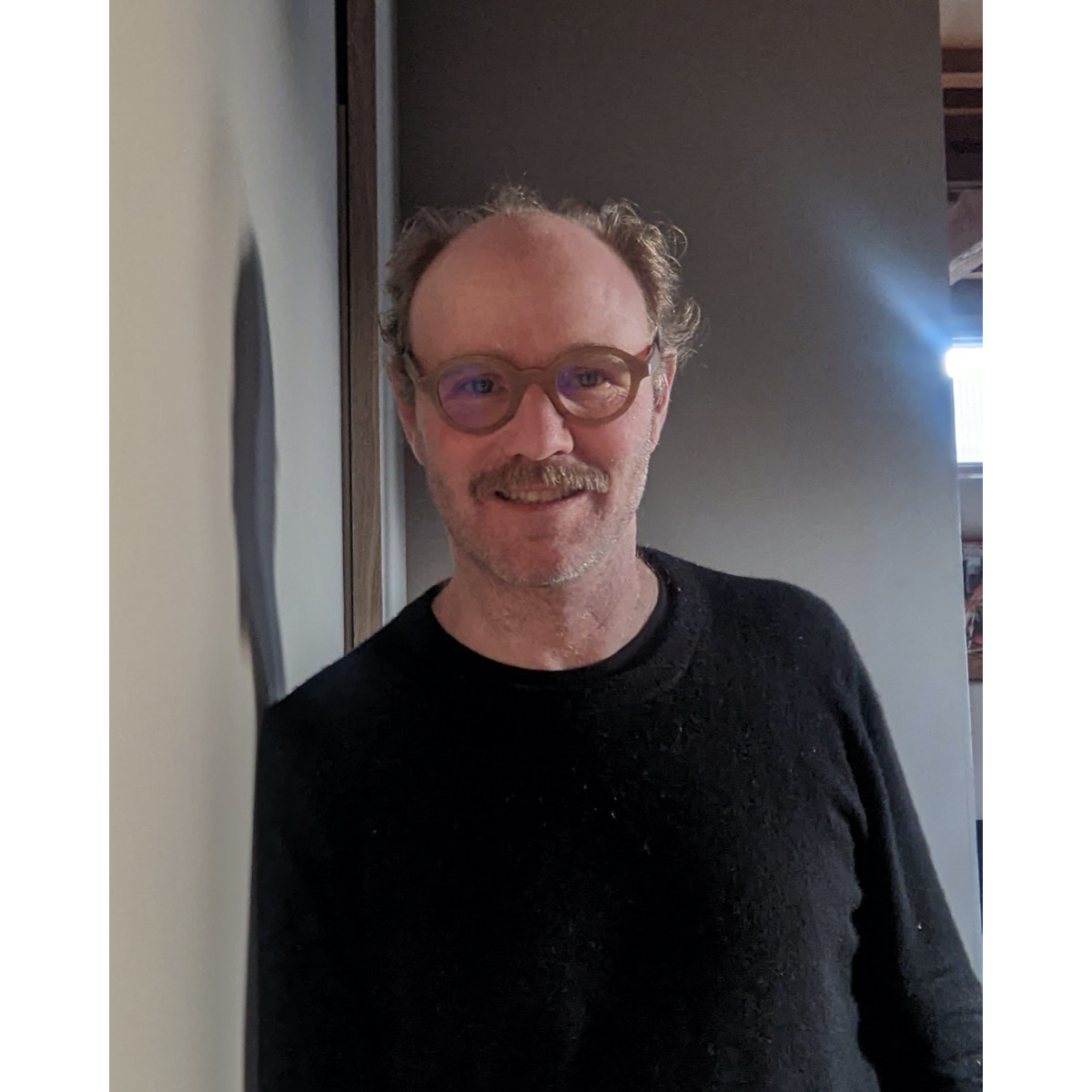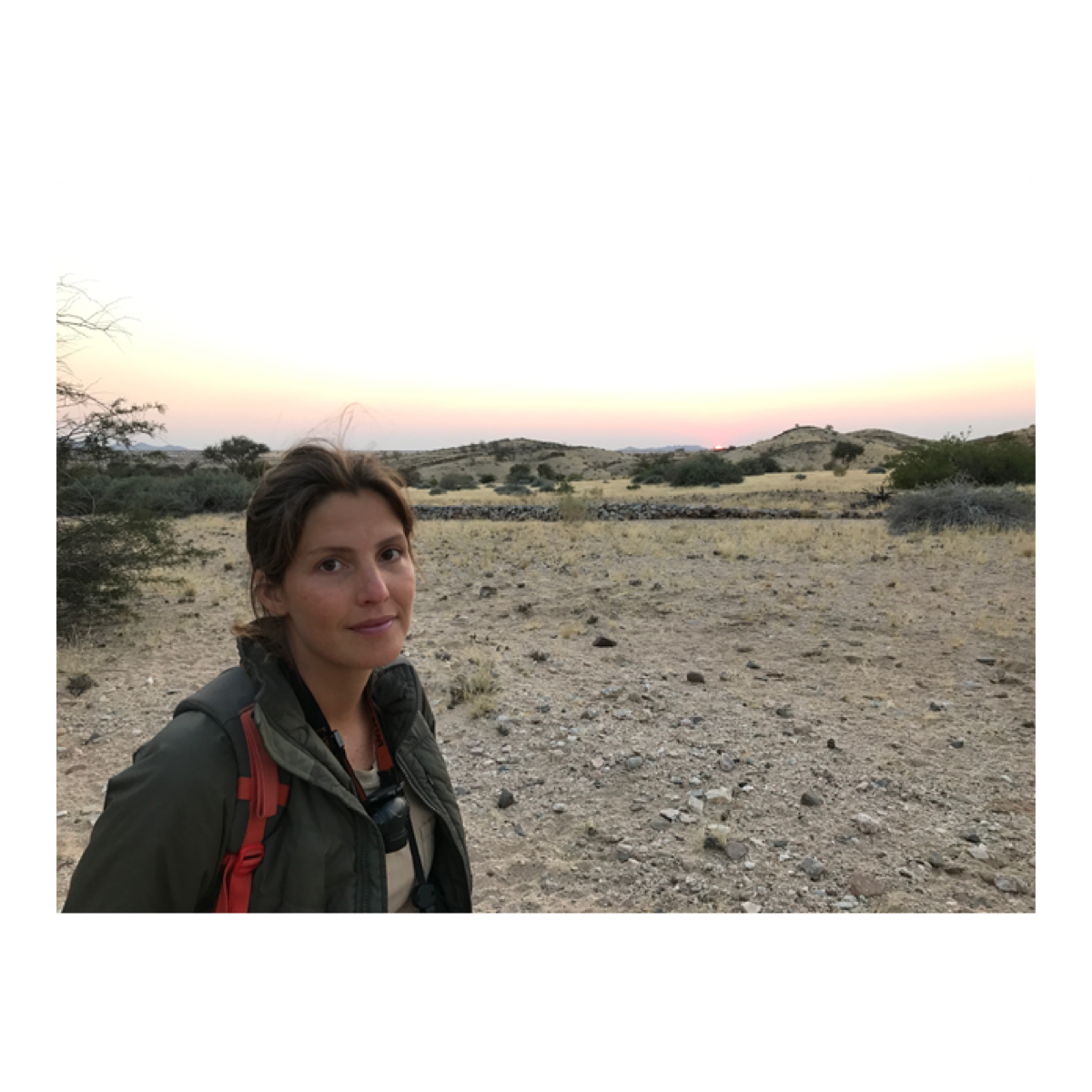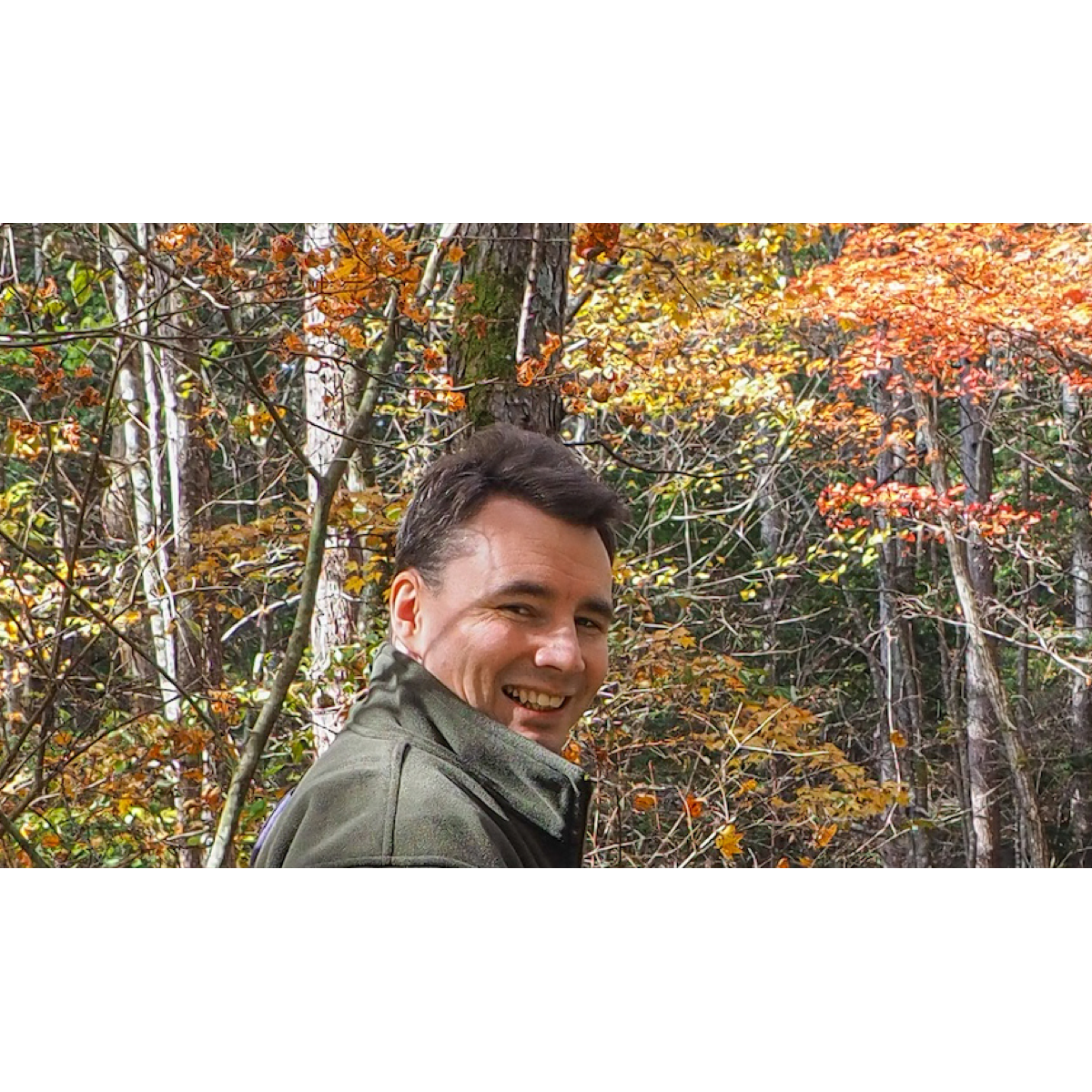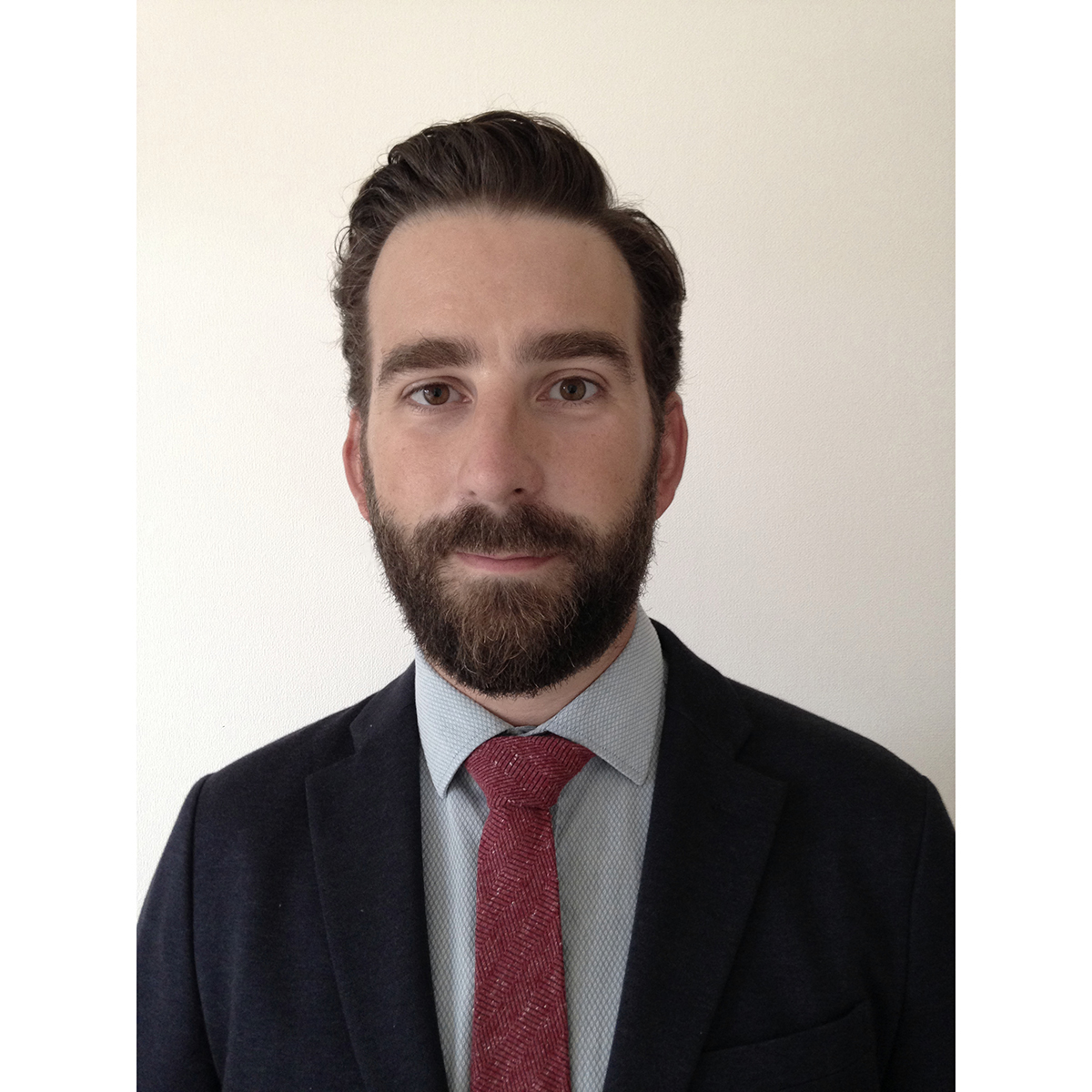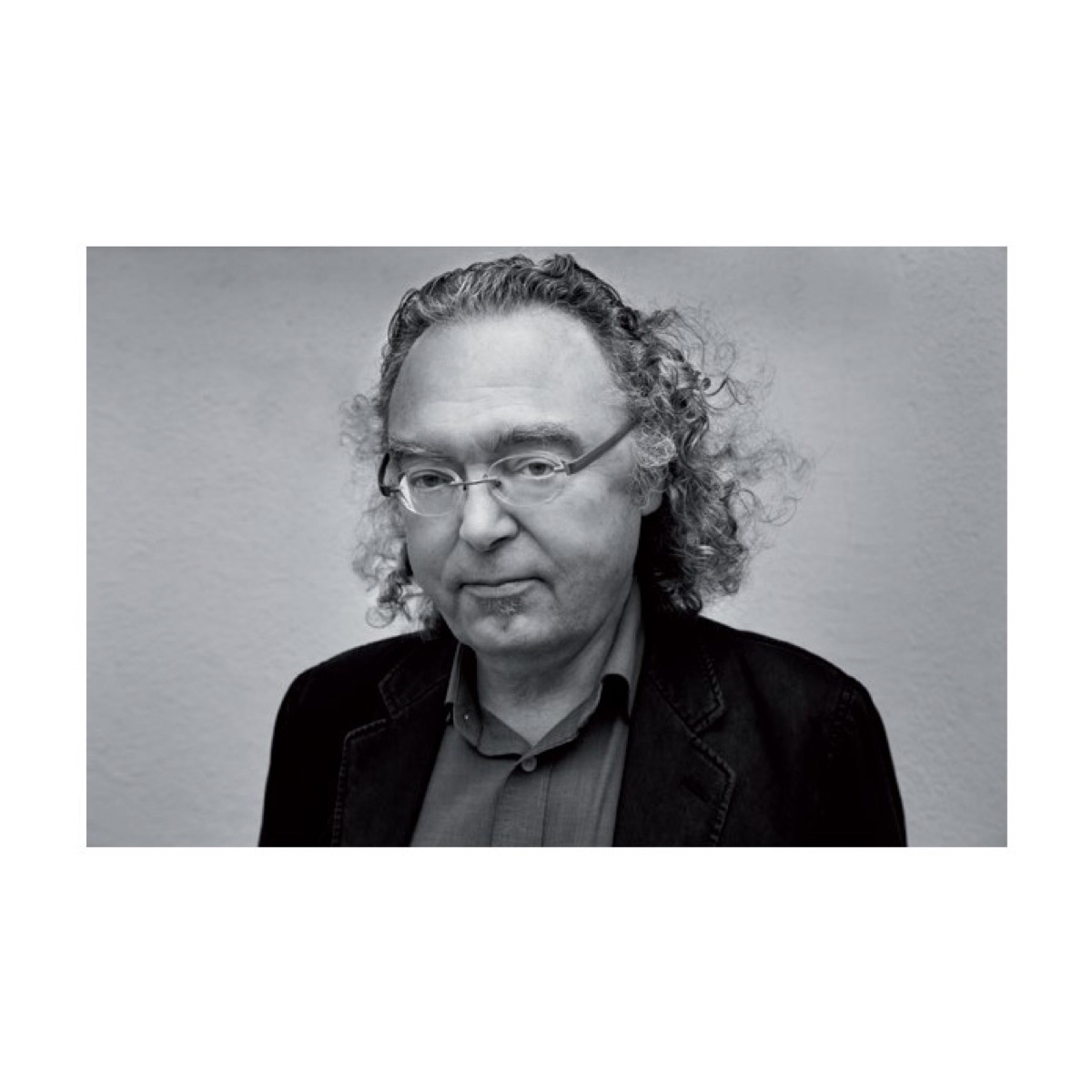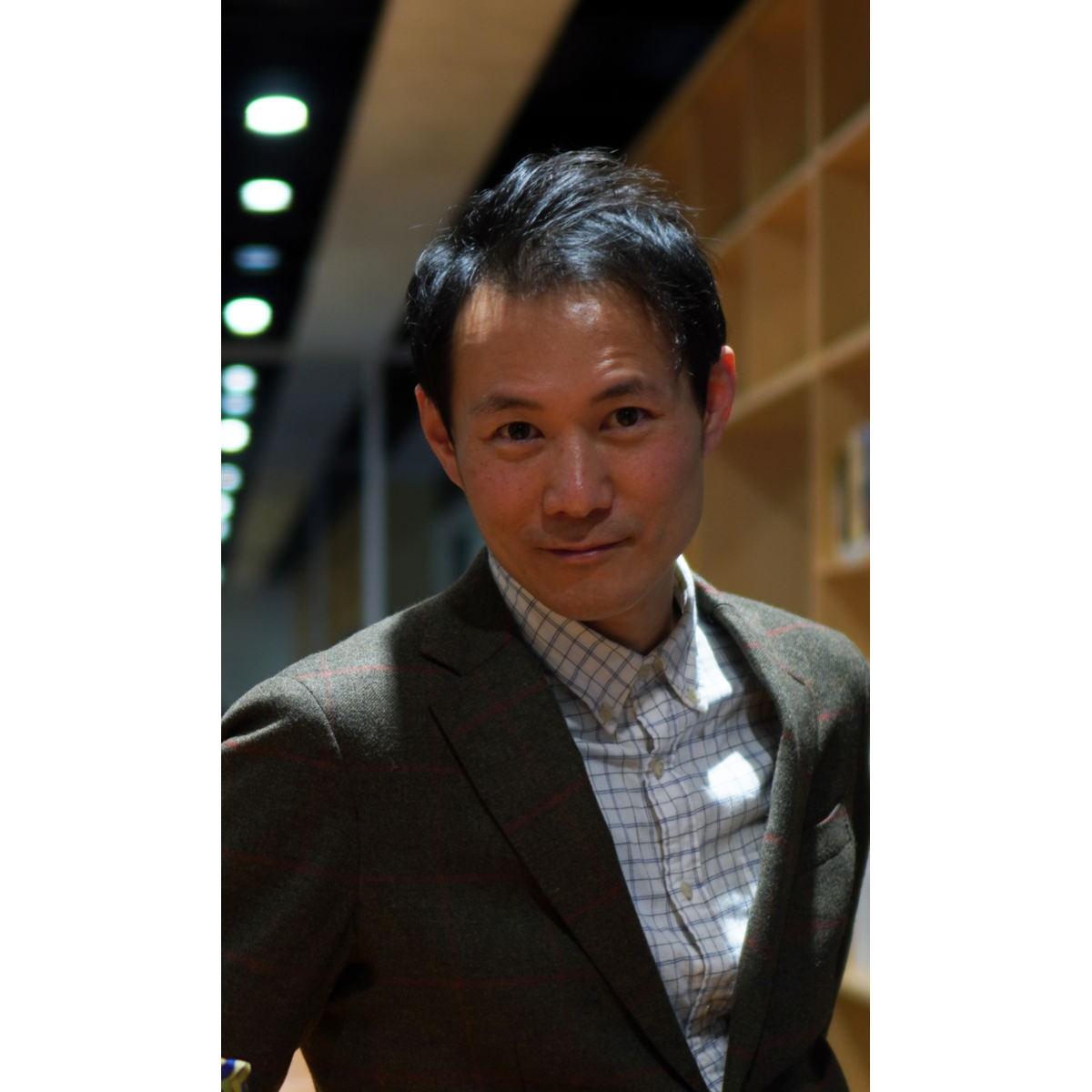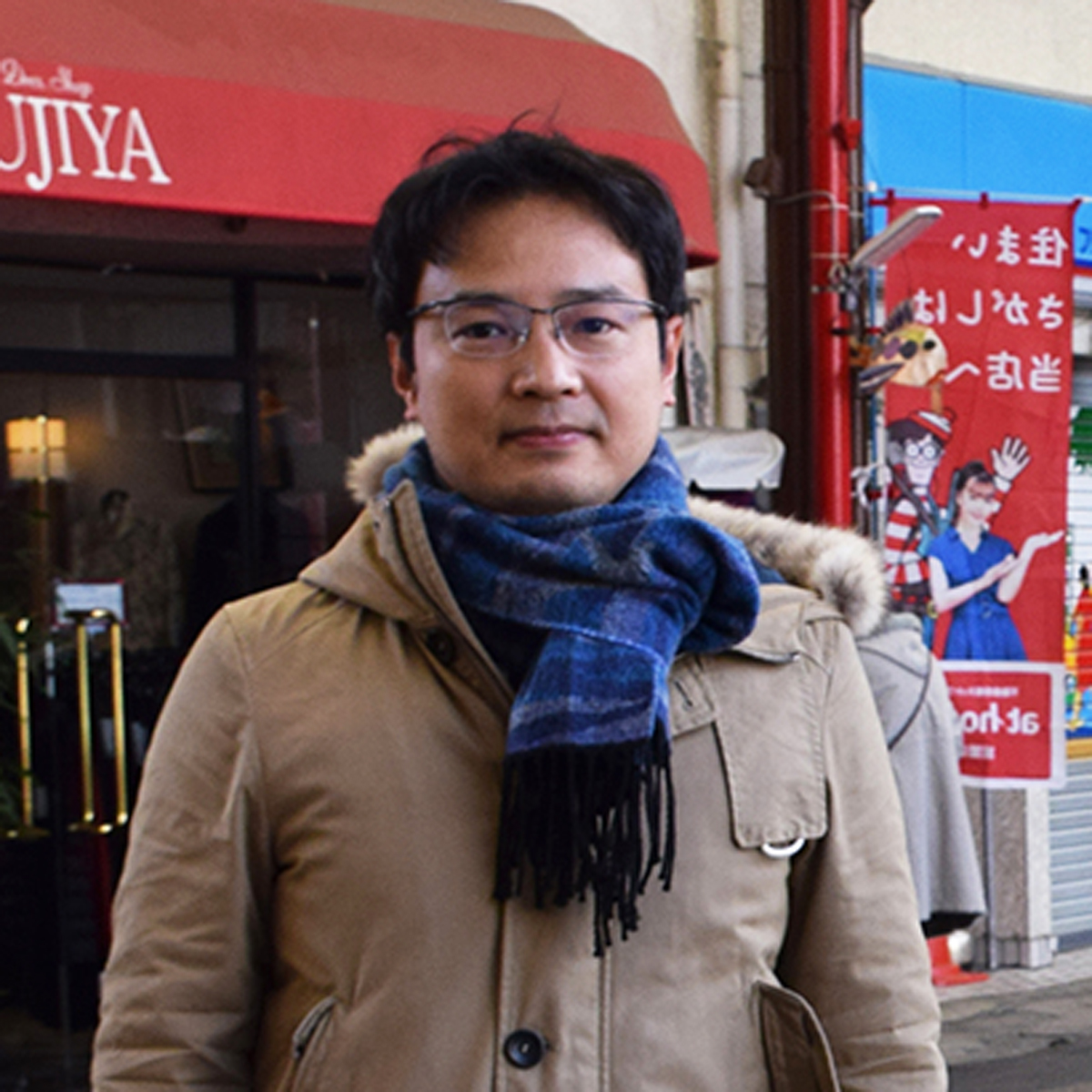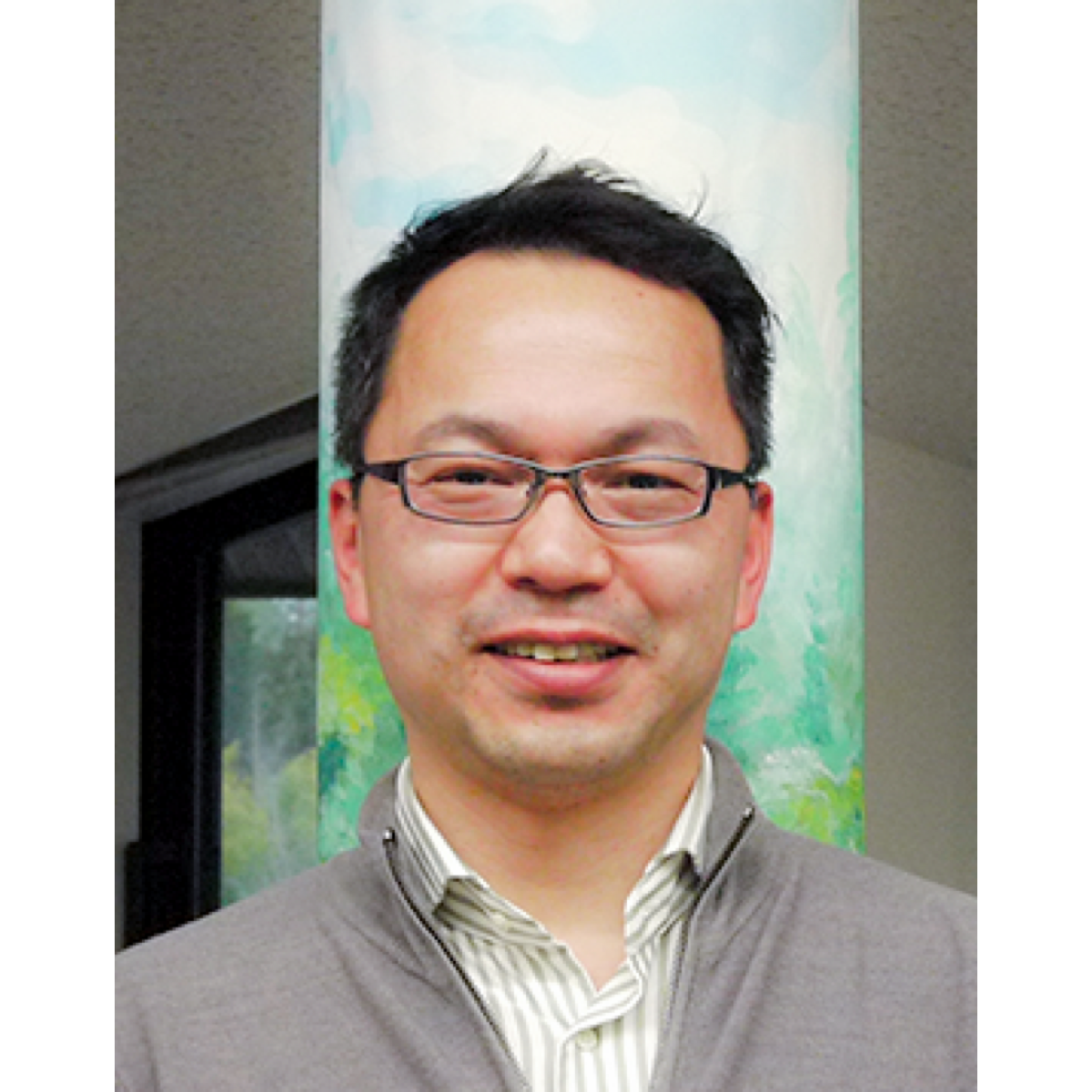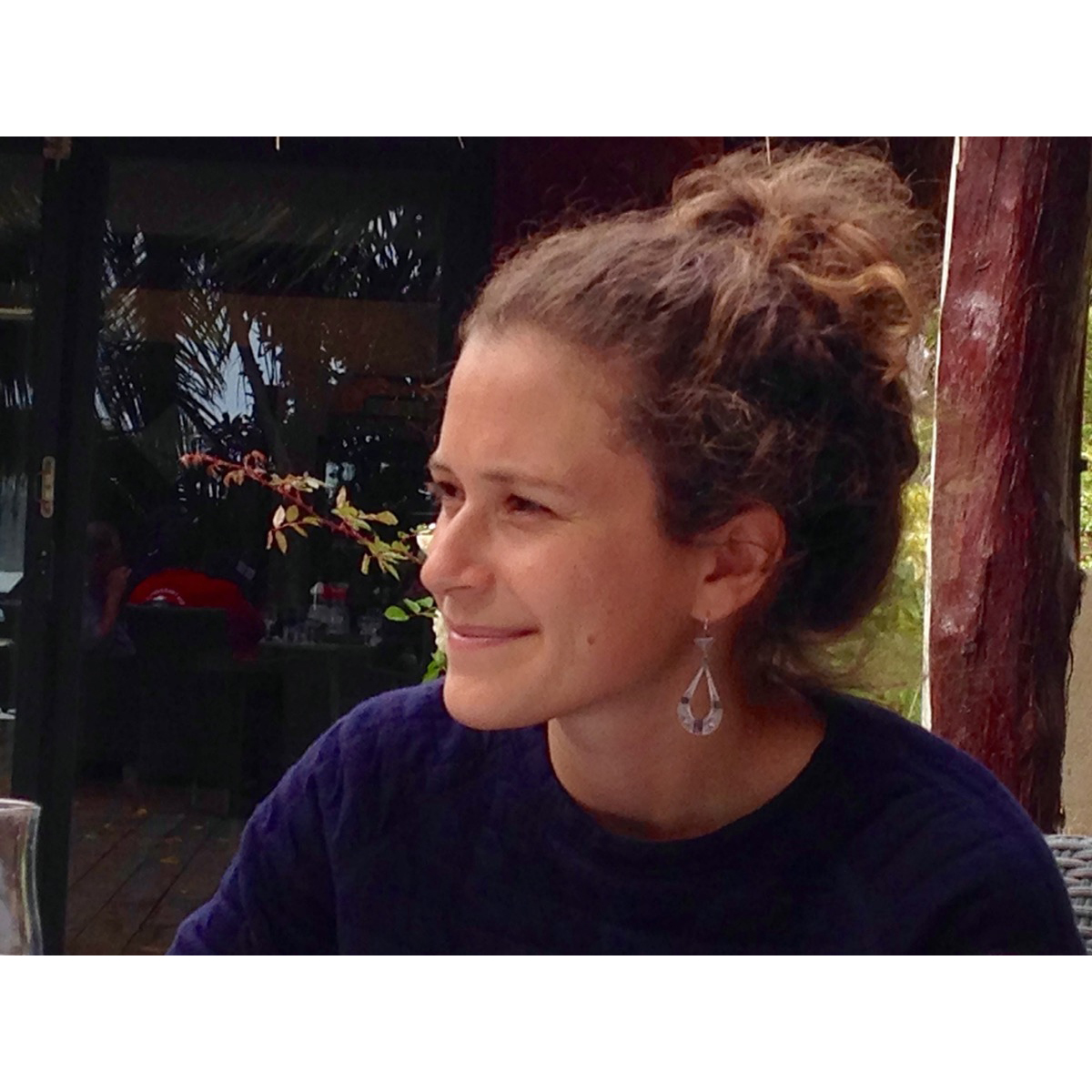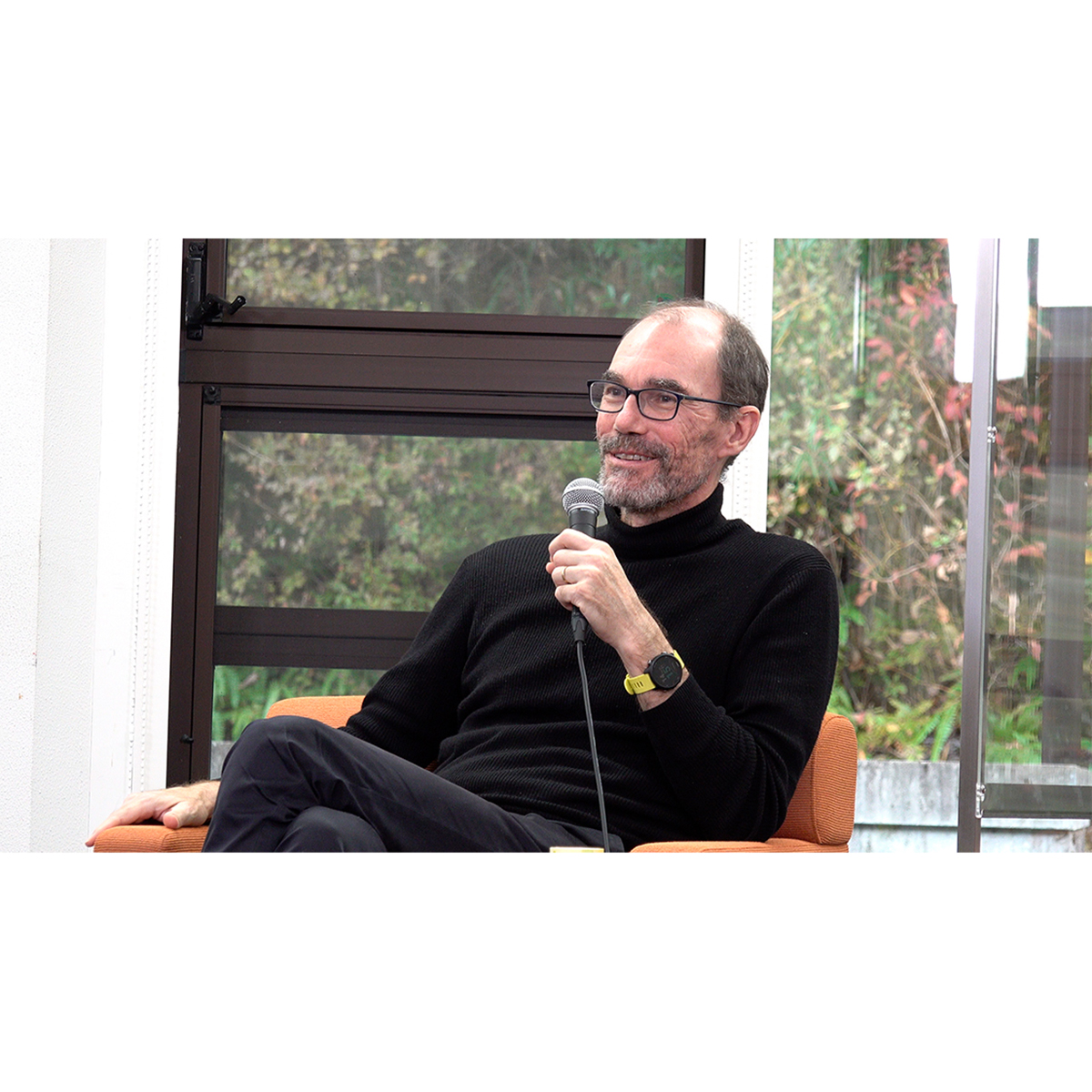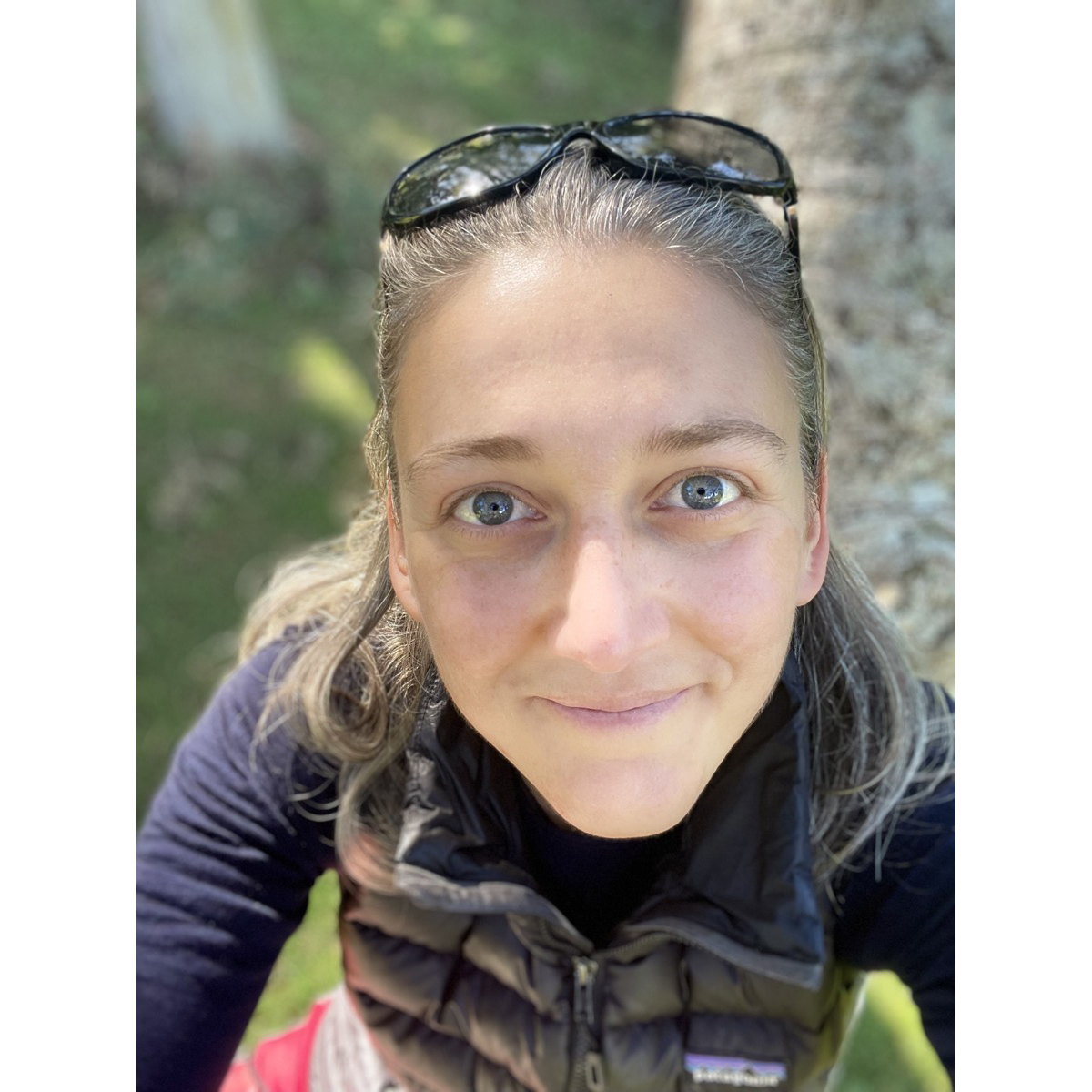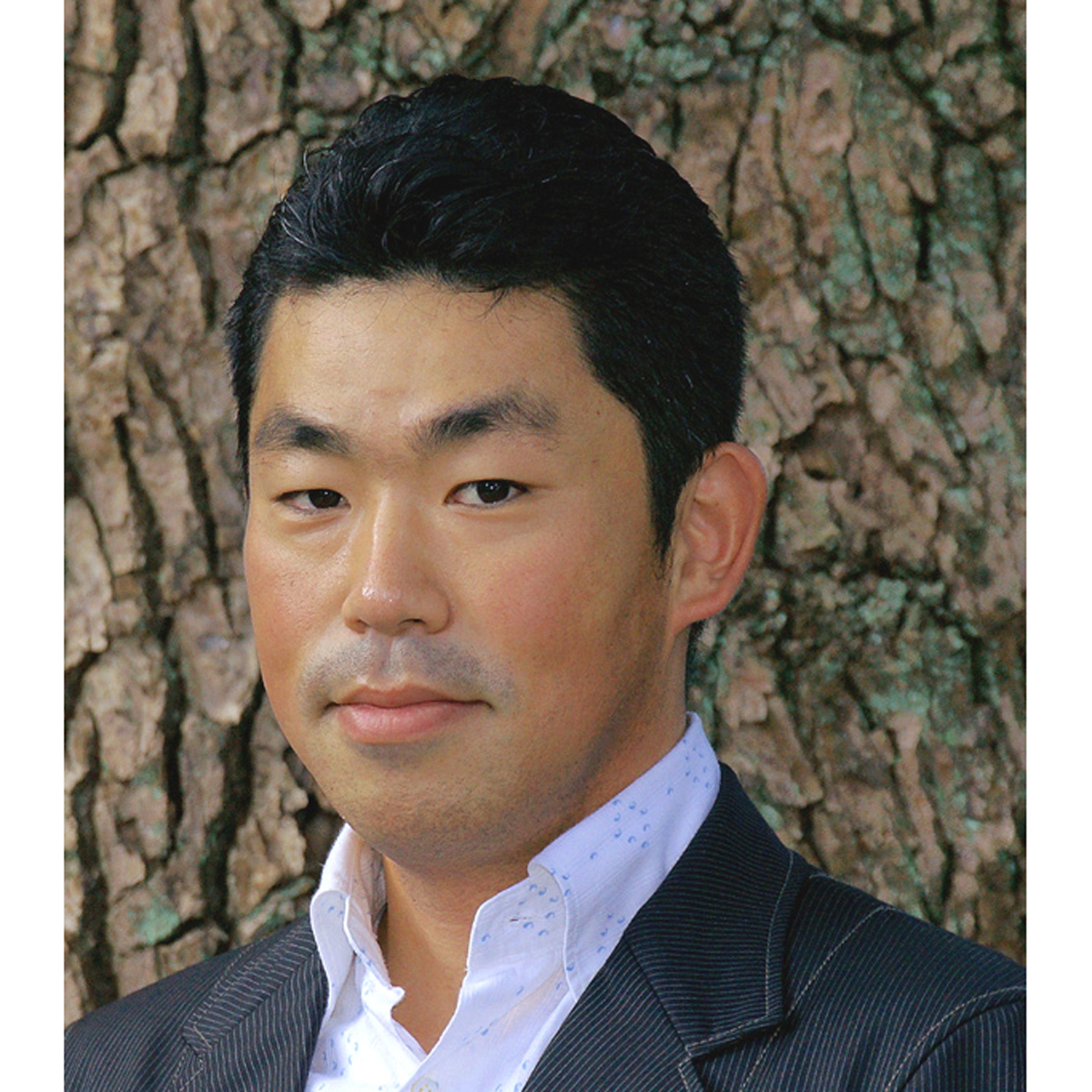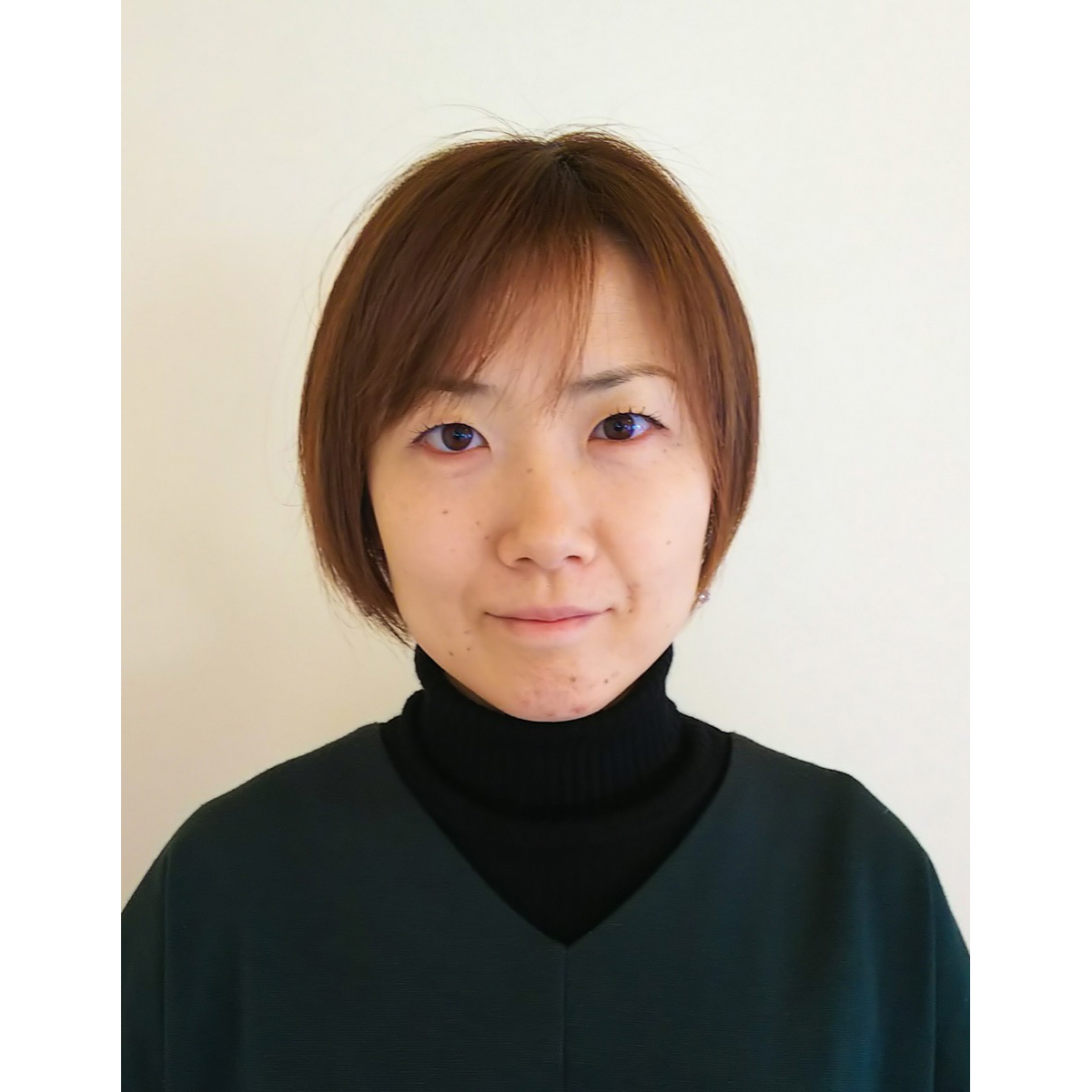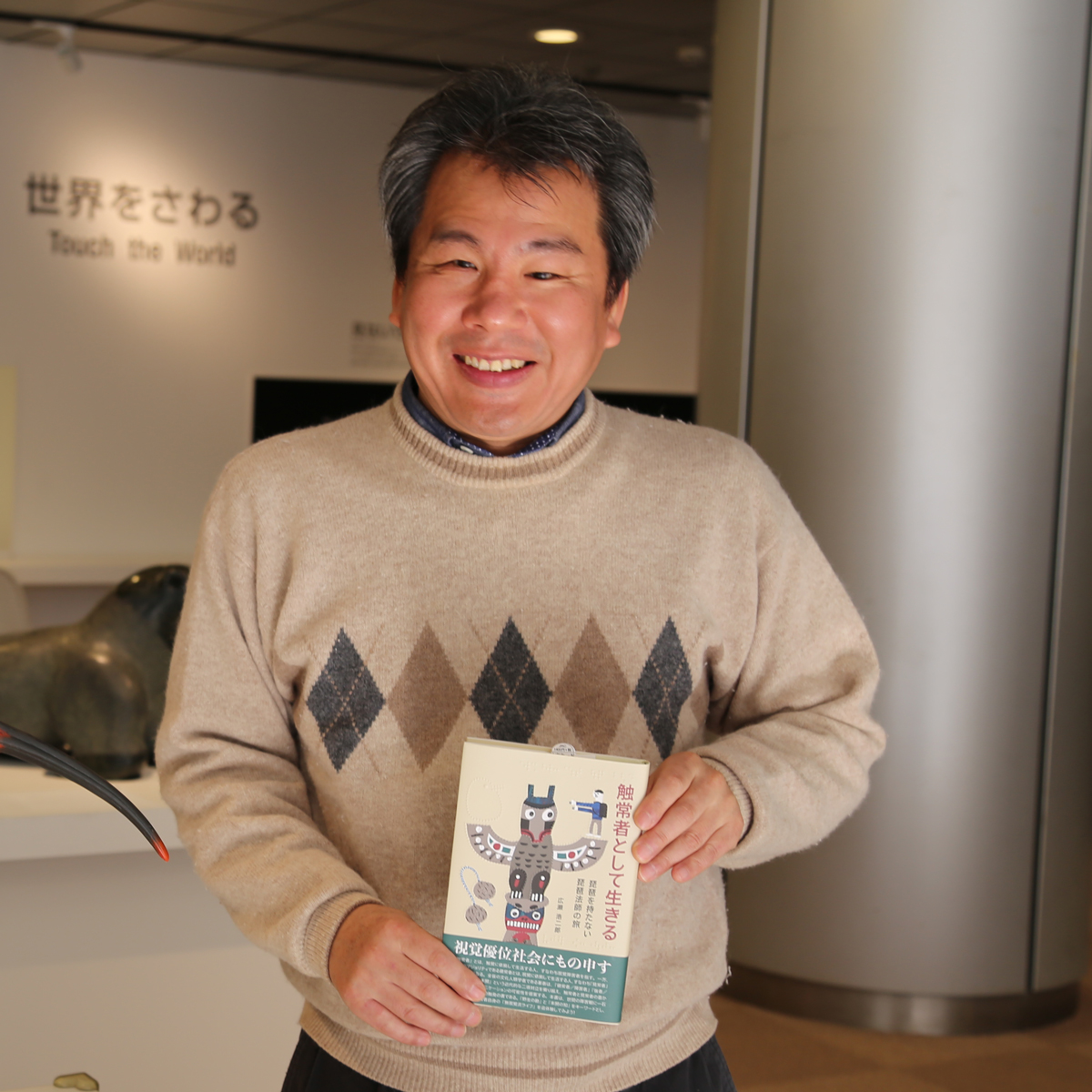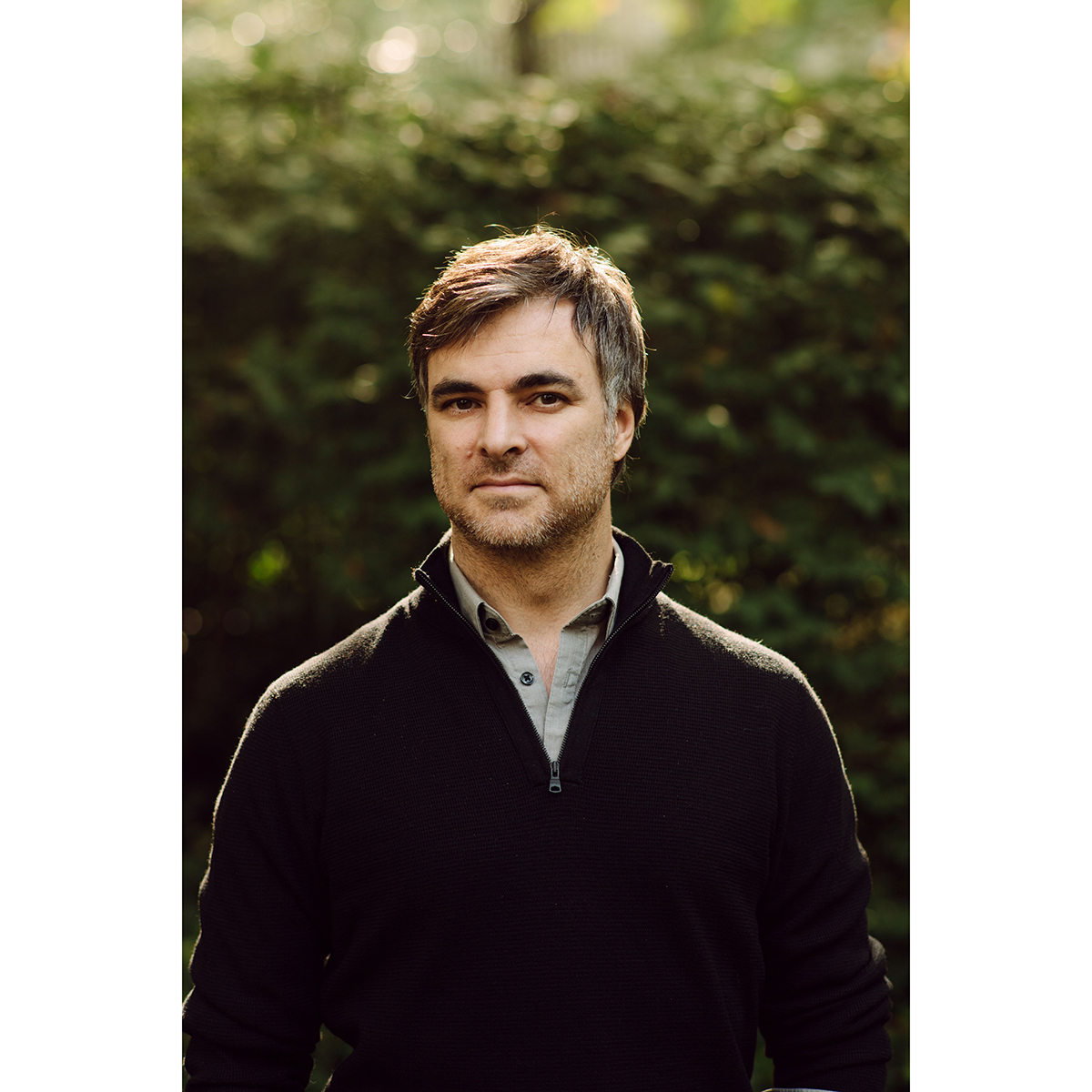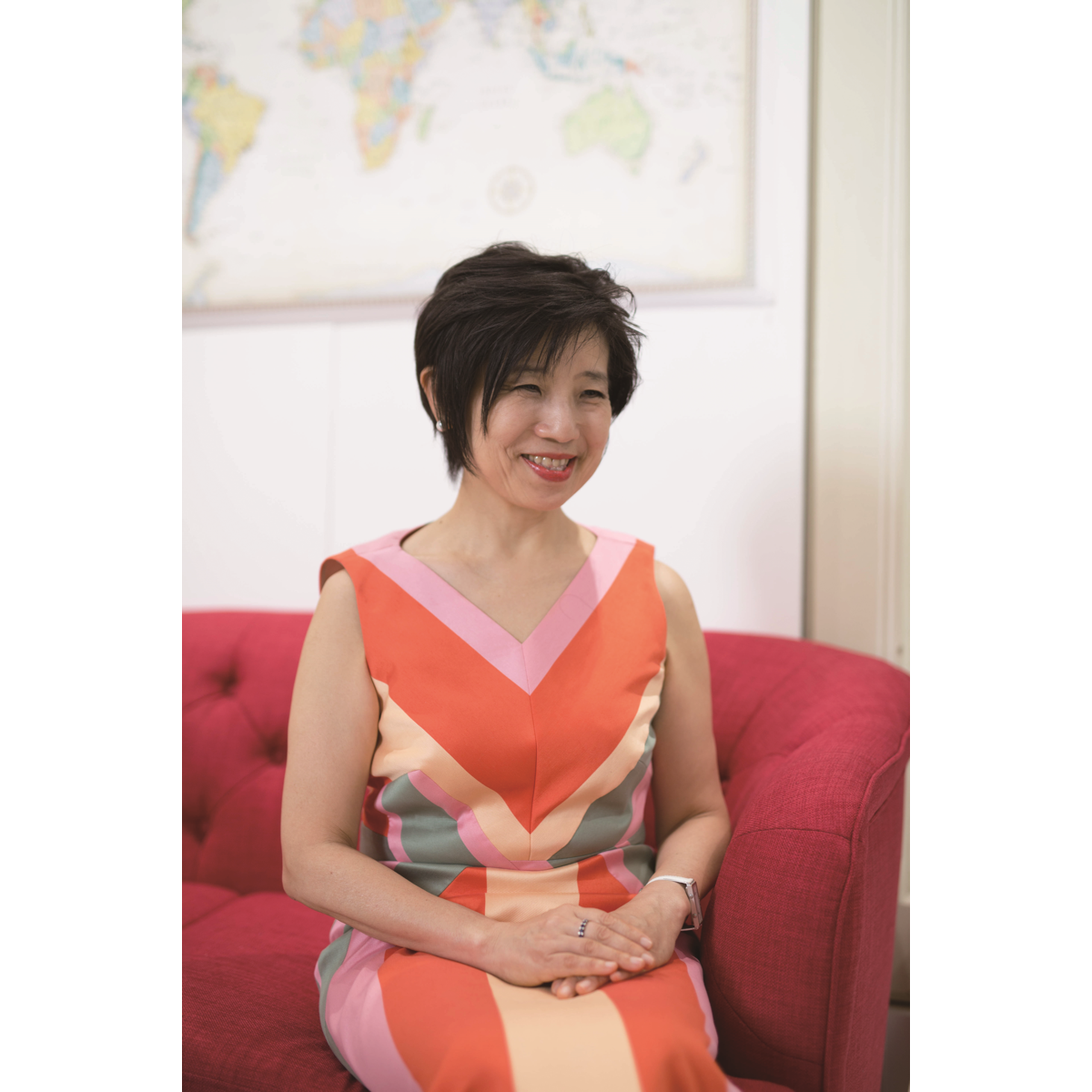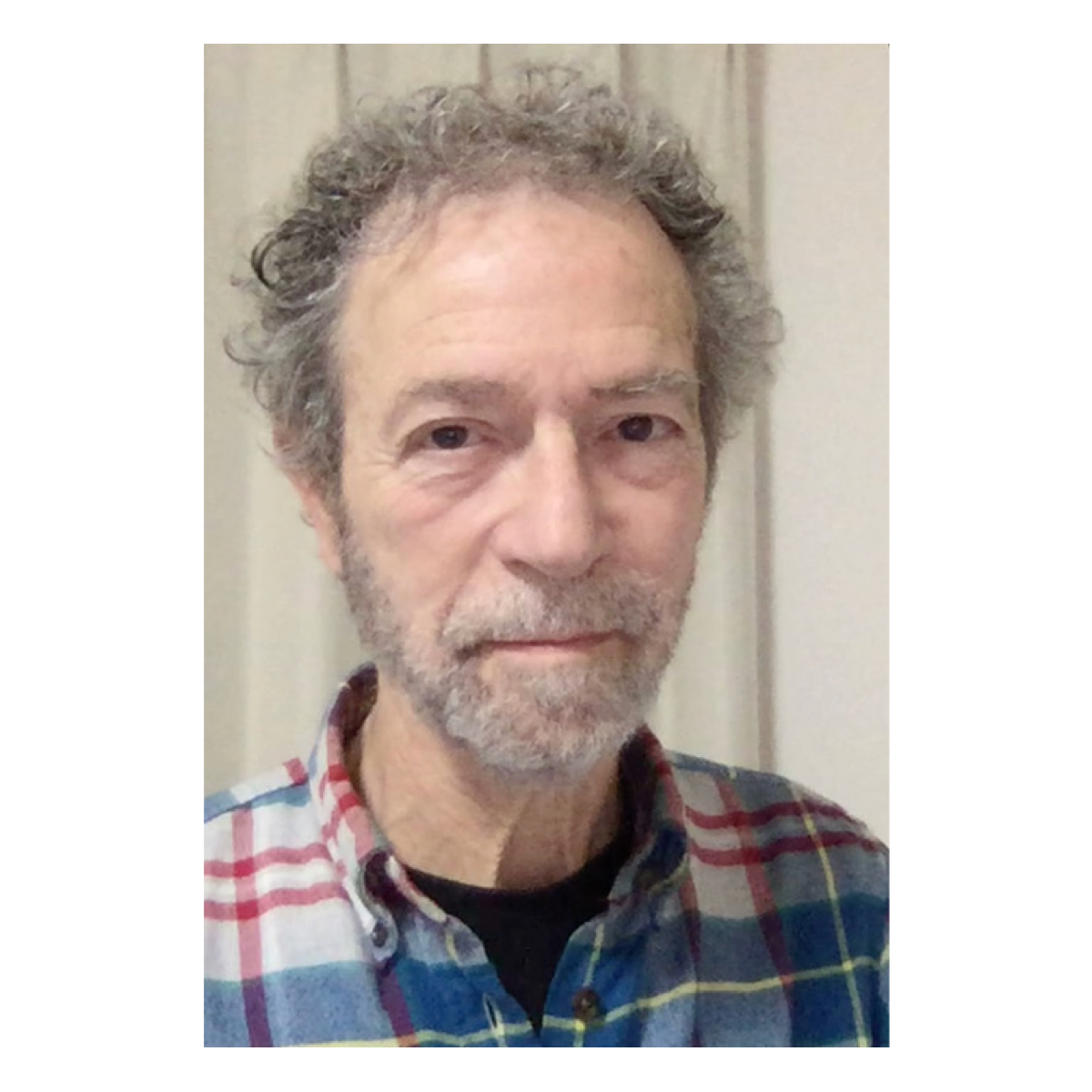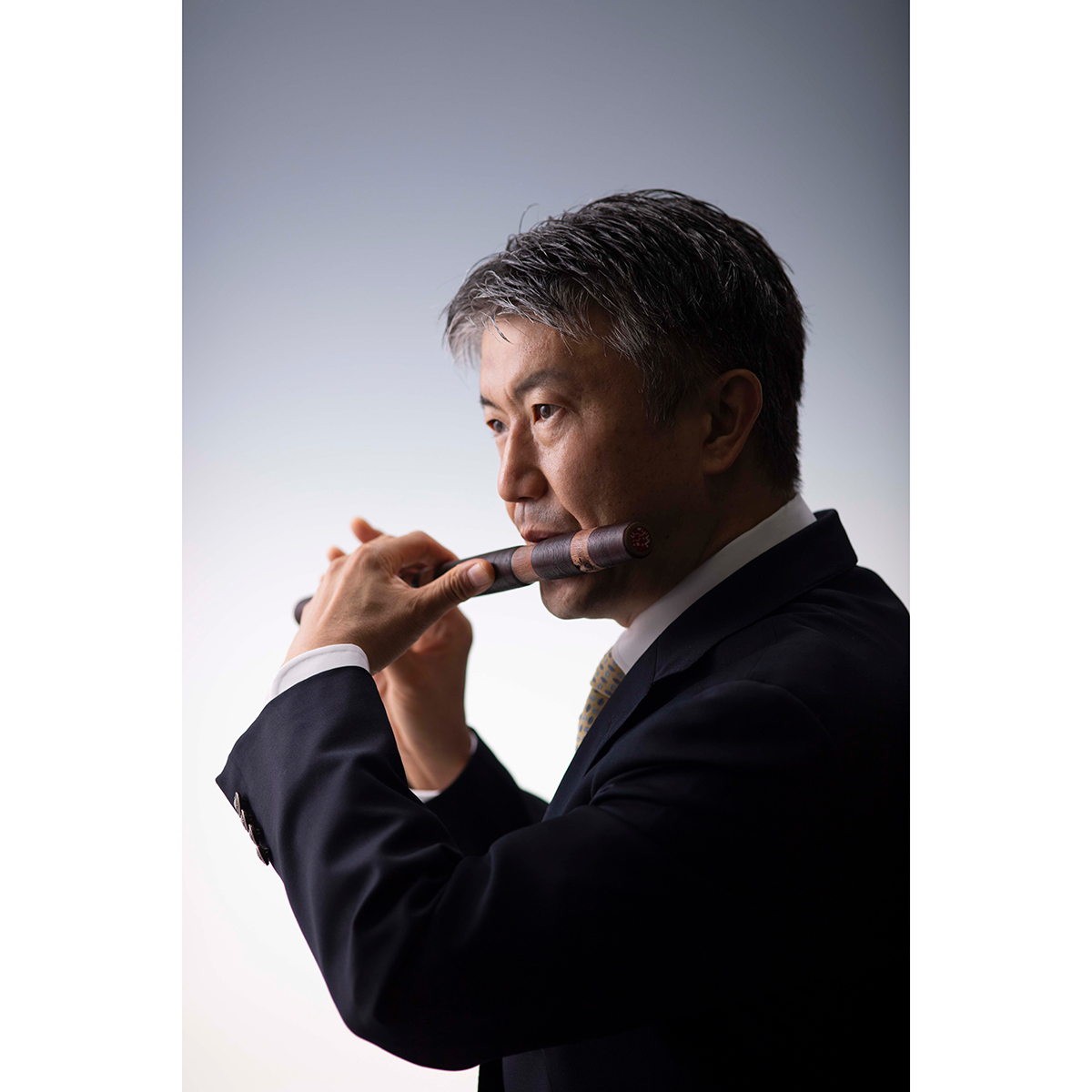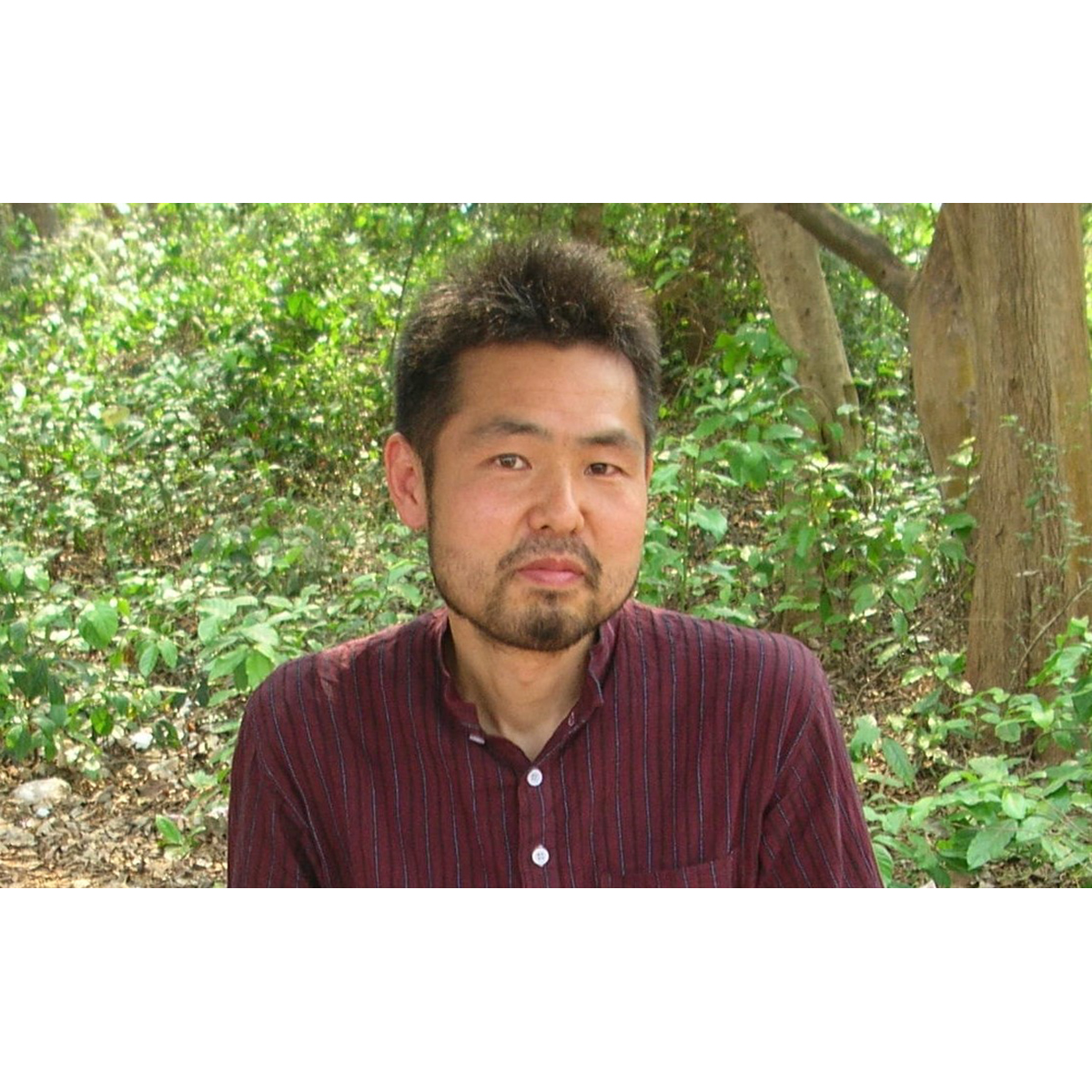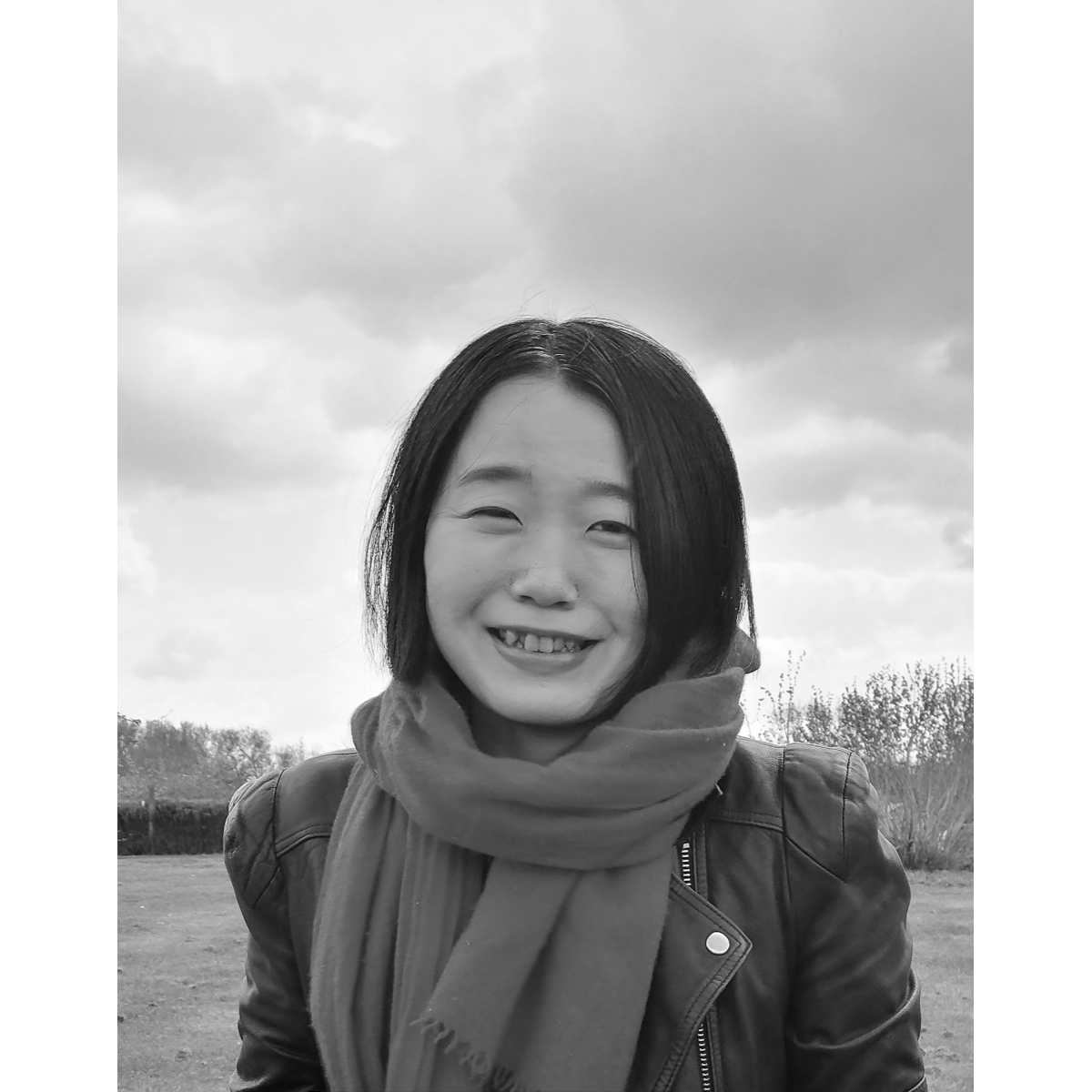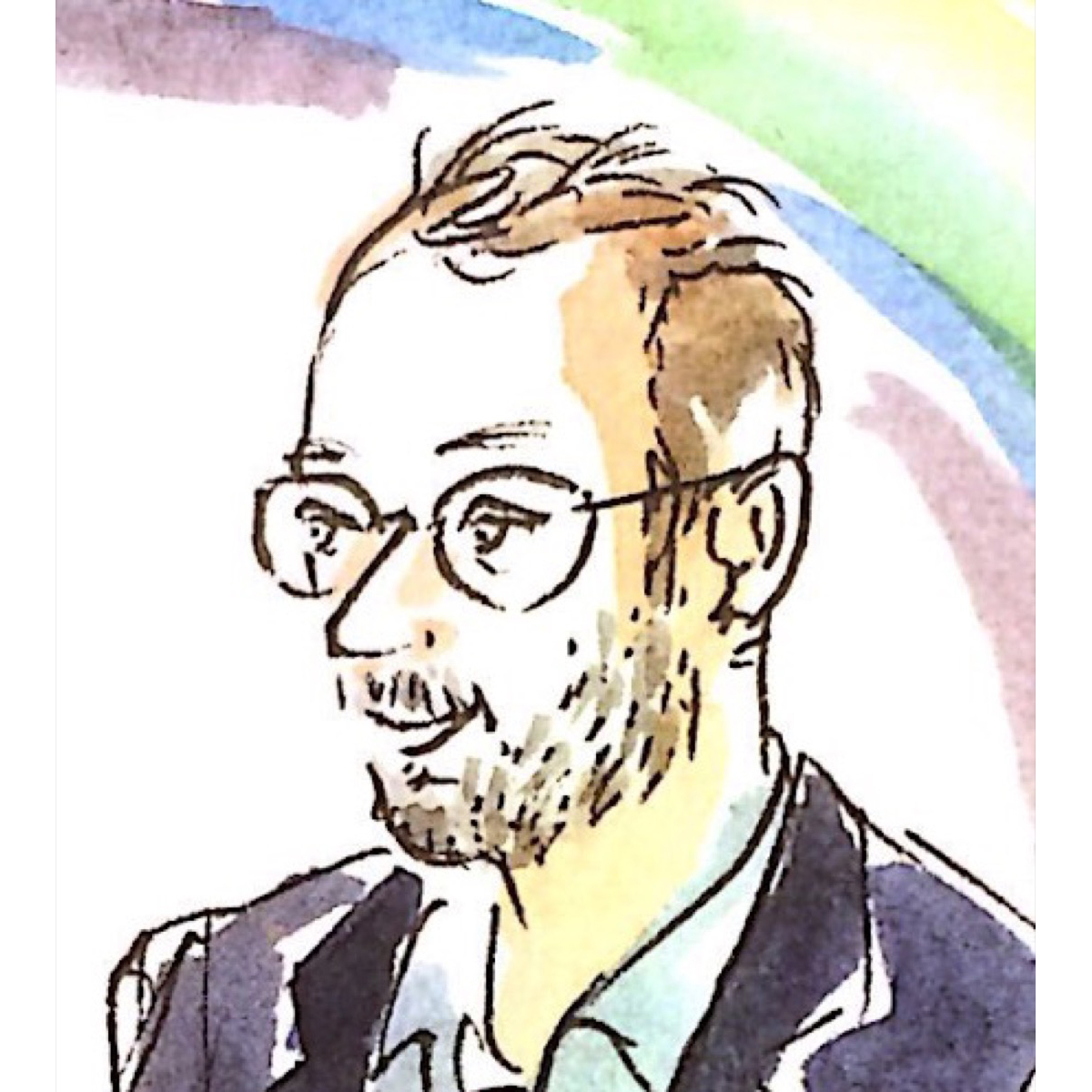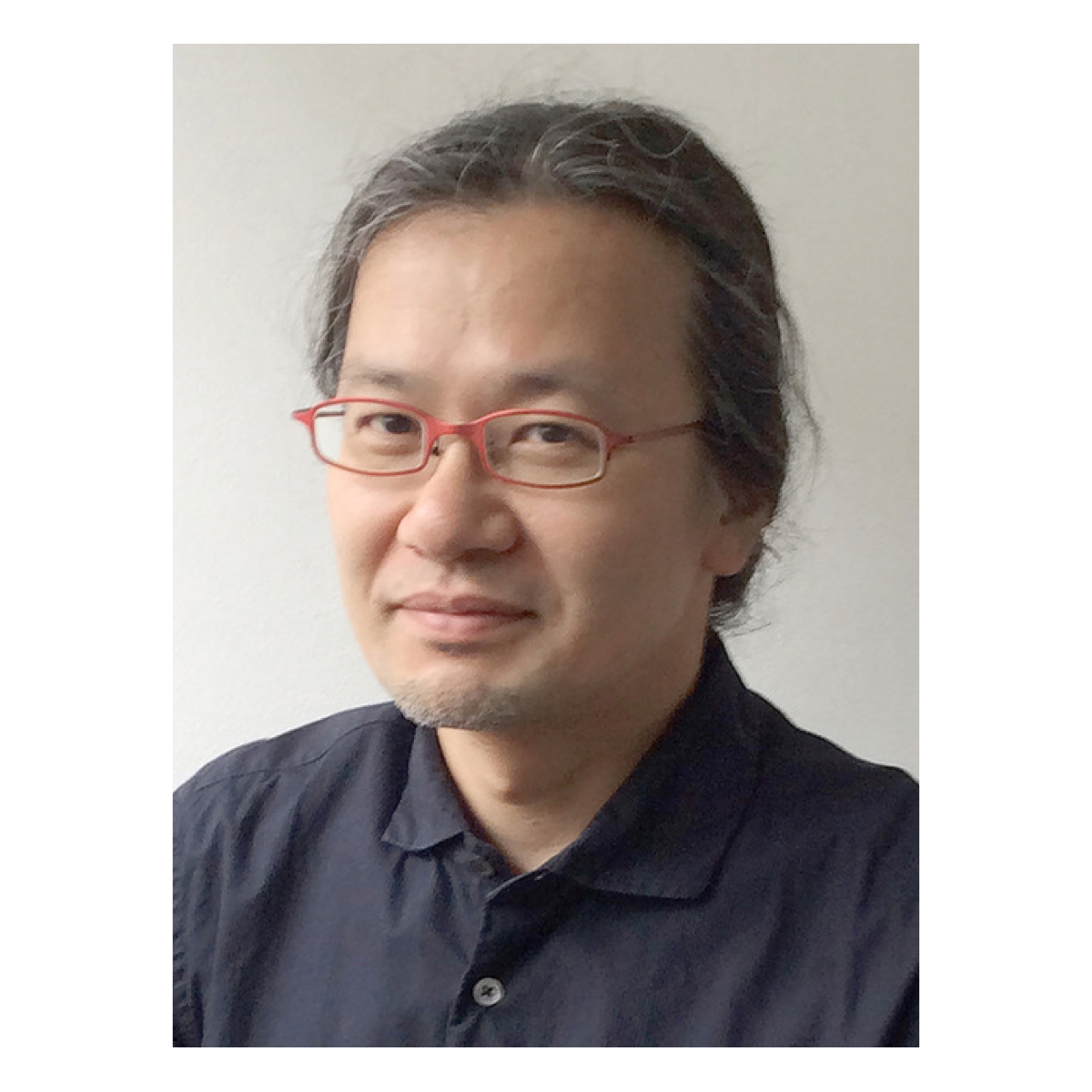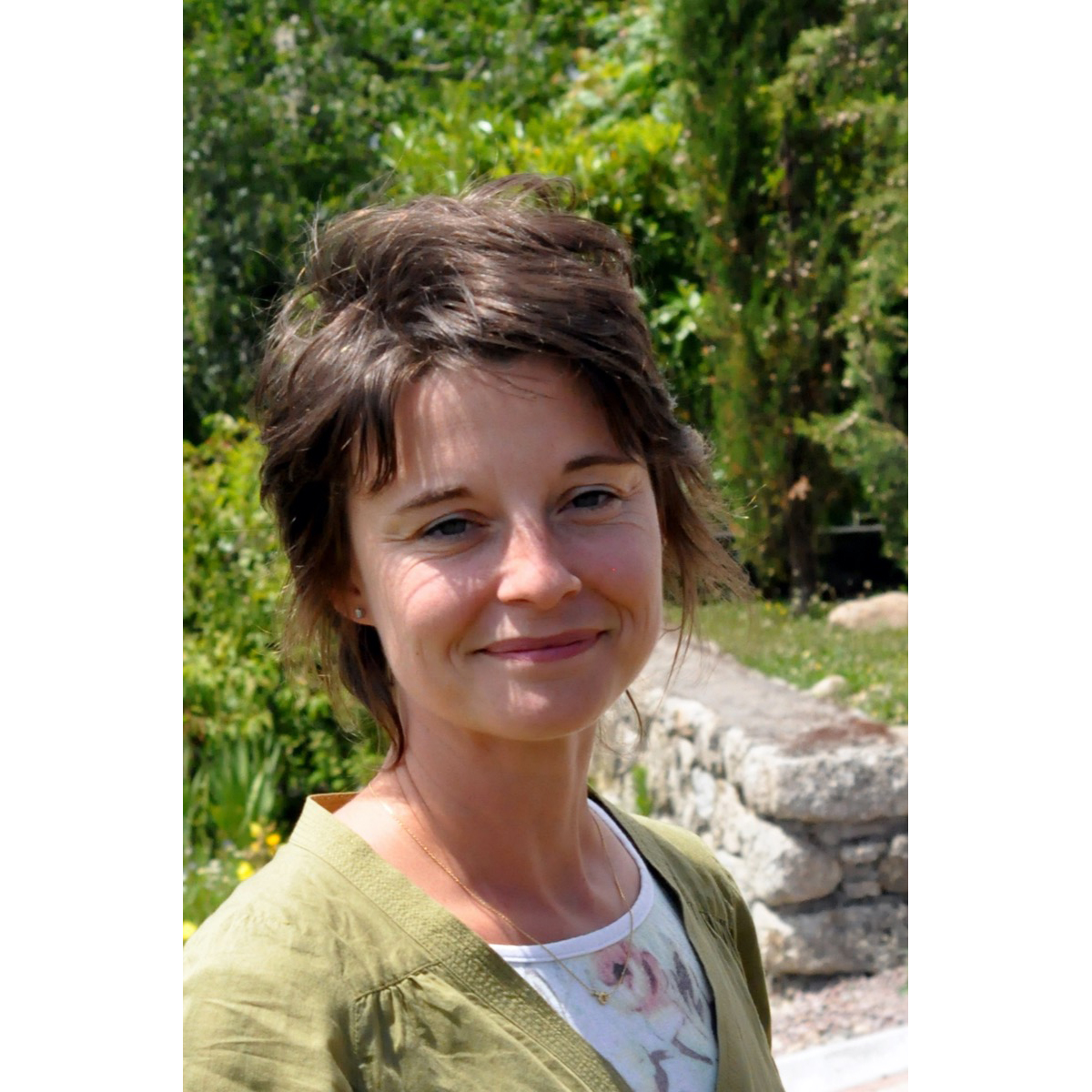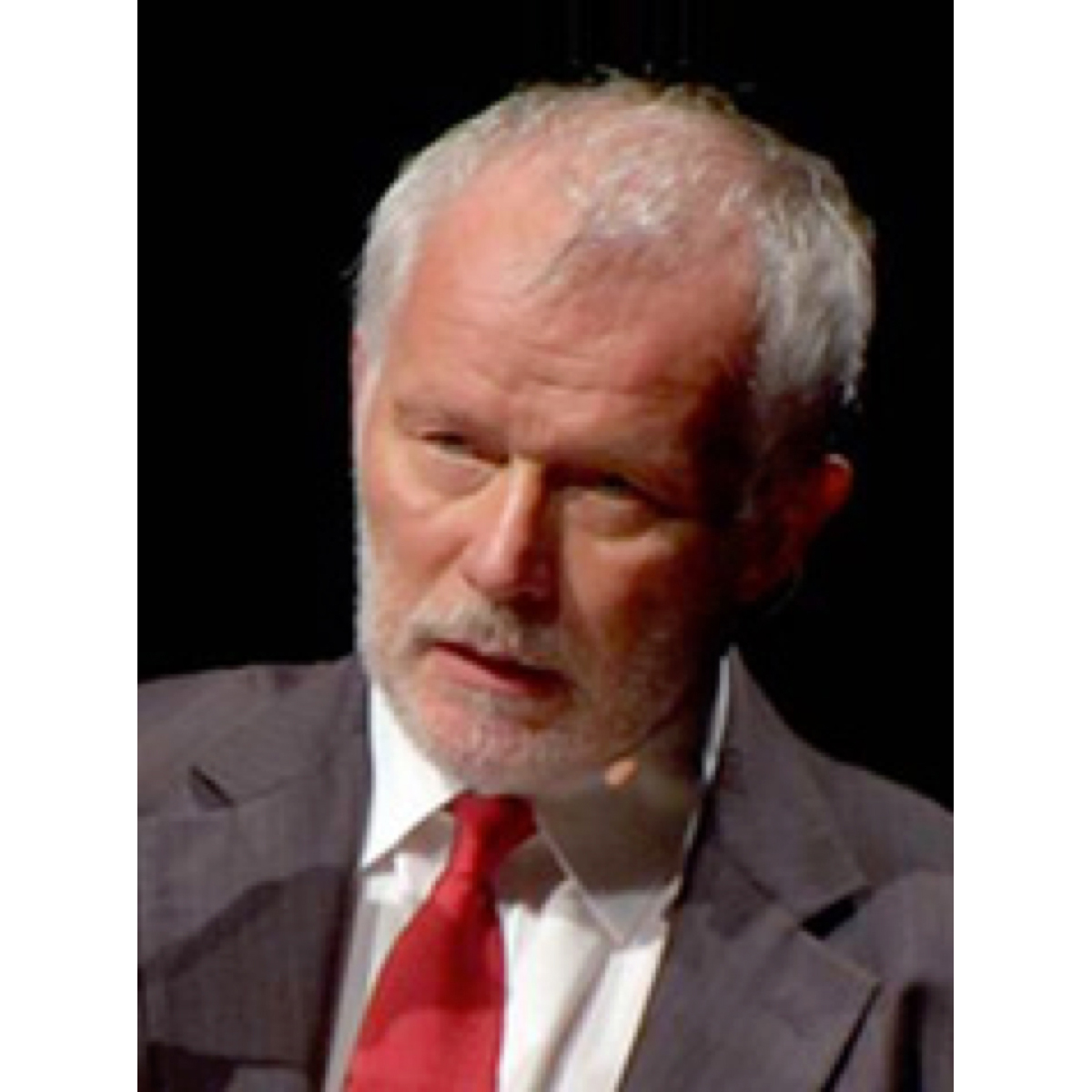Précis
The Arts of Living with Nature
Twenty years ago, the Research Institute for Humanity and Nature was established as one of the sole scientific institutes in the world taking a cultural approach to the study of nature, environment, and environmental problems. Based in Kyoto, Japan, the institute was established on the basis of East Asian philosophies and ways of life in which culture is a constitutive element of the surrounding world, whose intrinsic nature nonetheless remains fundamentally out of reach, unpossessable, an infinite source of mystery and inspiration.
Twenty years on, humankind is now widely seen to be everywhere within nature, especially as illustrated by idea of the Anthropocene and the dangers of global climate crisis. Redefined in our human image, nature is transformed into a super-complex techno-institutional problematic. In the Anthropocene, it is often said that humankind must finally properly ‘manage the biosphere’.
Instead, as RIHN enters its third decade, increasingly alarmed by human incursion into vast nature and its consequences for human communities, we return to the creativity of life. RIHN’s 2021/2022 international symposium, The Arts of Living with Nature, addresses the arts as the fundamental creative fields of life. as they are instantiated in things, places, and social forms, which in turn express humankind’s experience of living in continuity with the earthly forces that are ever at work.
This 2021/2022 symposium builds on two previous RIHN collaborations with scholars at Kyoto University and EHESS of France (“Dialogue: Japanese Views of Nature” at Kyoto University in 2018, and “Does Nature Think?”, held at UNESCO Headquarters and at Maison de la Culture du Japon in Paris, 2019). Those events joined Japanese and French scholars in exploration of different philosophical standpoints and field studies challenging the dualistic modern Nature/Culture paradigm. These past inquiries must also be extended to dismantle the dualisms clinging to key concepts of our present symposium, such as art/technology, art/craft, aesthetic/utility.
The garden provides a key point of entry. Gardens are sites of both labor and repose, idealized representations of nature that are nourishing to body and mind. In microcosm, gardens can express human understandings of the principles of life, even as their plants, trees, animals, insects, and soils remain as silent ambassadors of other kinds of time and patterns of interaction. In human history, gardening is also a close cousin of gathering, and in this view, the techniques of the garden also extend to other much more dispersed activities and territories, informing different ways of life in particular places.
In the Arts of Living, we continue to explore Eastern and Western conceptions of natural intelligence, for such ideas of unpossessable alterity affirms a creative role for humankind. We explore these root sources of human creativity in the material world, as they extend across the formal plastic arts, craft, and fields such as dance, music, and performance, all of which can be seen to speak to the human hope for life within a nature that remains a vast source of the unknown.
PROGRAM

The Arts of Living with Nature
This Prelude takes the form of a dialogue between YAMAGIWA Juichi, RIHN’s Director-General, a primatologist by training and most recently the President of Kyoto University, and Oussouby SACKO, President of Kyoto Seika University, and a landscape architect by training. Taking the climate crisis as a point of departure, this conversation begins with the idea of a “Garden Earth”, and what this concept can mean today as humankind is faced with the need to move beyond anthropocentric and Western ideas of nature.
Discussion,Comments and Symposium Overview 19:00-20:30 JST
YAMAGIWA Juichi (RIHN)
and
Oussouby SACKO (Kyoto Seika University, Japan)
Comments and symposium overview
by Frédéric JOULIAN (EHESS), ABE Ken-ichi (RIHN), Daniel NILES (RIHN)
8 March 2022 | OPENING
Earthly Intelligence: The Planetary Vernacular
We are increasingly aware of the action of the non-human world. Humankind is surrounded by complex forms of consciousness and cognition, whose creativity can be both intellectually challenging and psychologically reassuring. This session engages non-human sensory experience of the Earth in its own right, for the challenge it poses to our human habits of thought, and for its potential to expand our perception of the creative Earth.
Academic Session 12:00-14:00 JST
Leveling the Field in Primatology and Beyond
Christine E. WEBB (Harvard University, USA)
More-than-Human Gardening for Multispecies Sustainability
Christoph RUPPRECHT (Ehime University, Japan)
Shared Responsibilities: Negotiating Standards of Behaviours Between Humans and Non-humans
Damien KUNIK (Musée d'Ethnographie de Genève, Switzerland)
Daniel NILES (RIHN), Moderator
9 March 2022 | RECEPTION
Garden Planet: The Technodiversity of life
Gardens are laboratories for interpreting and experimenting with the agencies of nature. As they evolve, they express understandings of sets of ideas about the natural world. In receiving the ideas of earthly intelligence described in Day 2, we are able to see that this intelligence is not random, but intentional, in the sense that it reflects sets of practices, suites of activities, much in the same way as do human technologies. Here we open to the infinite and interlocking techniques of life through which humans have experienced the Earth.
Academic Session 17:00-19:00 JST
Design of Perspective
HANAMURA Chikahiro (Osaka Prefecture University, Japan)
On the Human Environment with Imagination and Calculation
KUMAZAWA Terukazu (RIHN)
Ambiguity of Nature, Traditional Knowledge, and Transdisciplinary Approach: Disasters and Ecosystem Services in Japan
YOSHIDA Takehito (RIHN)
Resisting Disasters: Subsistence Gardens in Vanuatu
Maëlle CALANDRA (Centre de Recherche et de Documentation sur l'Océanie, France)
Hein MALLEE (RIHN), Moderator
Public Session 19:15-20:45 JST
10 March 2022 | TRANSFORMATION
Nature’s Arts
“We inhabit pre-existing forms, and in inhabiting them we change them, and are changed”.
The idea of ars is always lurks within the arts. The Latin roots of this term refers to ‘skilled labor’. Ars emphasizes the role of humankind in transforming the materials of the Earth—and in so doing, transforming the human mind and body as well. This process proceeds firstly through the bodily senses. This session speaks to this sensuous and aesthetic experience as a fundamental mode of human exploration and learning, a field of experience from which we learn as much about ourselves as we do of the Earth.
Academic Session 17:00-19:00 JST
KURITA Koichi × SUDA Yoshihiro
OTA Tomoko (Yamanashi Prefectural Museum of Art, Japan)
Re-reading The Story of Mimi-nashi-Hoichi by Lafcadio Hearn - Why Do Blind People View Cherry Blossoms? -
HIROSE Kojiro (National Museum of Ethnology, Japan)
Instrumentalizing Art or Aestheticizing the World?
David MAGGS (Metcalf Foundation, Canada)
TERADA Masahiro (RIHN), Moderator
Public Session 19:15-20:45 JST
ONO Shinryu (Tennoji Gakuso Garyokai / Kansai University, Japan)
The role of art and curation in the Anthropocene
HASEGAWA Yuko (21st Century Museum of Contemporary Art, Kanazawa, Japan)
Art, Science, and Nature: Making Sense of Data for Sustainable Futures
Ilan CHABAY (Institute for Advanced Sustainability Studies (IASS) Potsdam, Germany)
ABE Ken-ichi (RIHN), Moderator
11 March 2022 | RENEWAL
Staying on Earth
Humans may dream today of detaching themselves from the Earth, but this vision of humanity finally abandoned to itself seems a greater tragedy than triumph. Turning away from the creative intelligence of the planet would only leave humankind lonely and impoverished, bereft of companion creatures, alienated from the great creative potential of the Earth. Yet we must look deeply, both within and without, for the return passage, and seek to understand the living intelligence of the planet as the ultimate source material of human perception and dialogue with the infinite mystery of the world.
Academic Session 17:00-19:00 JST
Minakata Kumagusu and the Emergence of Queer Nature: The Civilisation Theory, Buddhist Science, and Microbes, 1887-1892
HONDA Eiko (University of Oxford, UK)
Readable Worlds. Practice-based Mesology in Craft and Graft
Yoann MOREAU (EHESS, France)
Capturing Nature: The Depiction and Representation of Nature by Optical Instruments
ONO Tadashi (École Nationale Supérieure de la Photographie, France)
Plécher the Living: Research Hypothesis for the Future of Traditional Ecological Techniques in the Morvan
Caroline DARROUX (La Maison du patrimoine oral de Bourgogne, France)
Daniel NILES (RIHN), Moderator
Public Session Round table discussion 19:15-21:00 JST
De-colonizing Nature
Sander VAN DER LEEUW (Arizona State University, USA)
Oussouby SACKO (Kyoto Seika University, Japan)
HASEGAWA Yuko (21st Century Museum of Contemporary Art, Kanazawa, Japan)
YAMAGIWA Juichi (RIHN)
Frédéric JOULIAN (EHESS, France)
ABE Ken-ichi (RIHN), Moderator
Daniel NILES (RIHN), Moderator
Closing
ABE Ken-ichi (RIHN)
Daniel NILES (RIHN)
Speakers
RIHN 16th International Symposium
Monday, March 7 – Friday, March 11, 2022
Online
Venue
Online(Zoom)
Due to the global pandemic, the symposium will be carried out online.
Language
English + Japanese with simultaneous translation
Participation
Free
